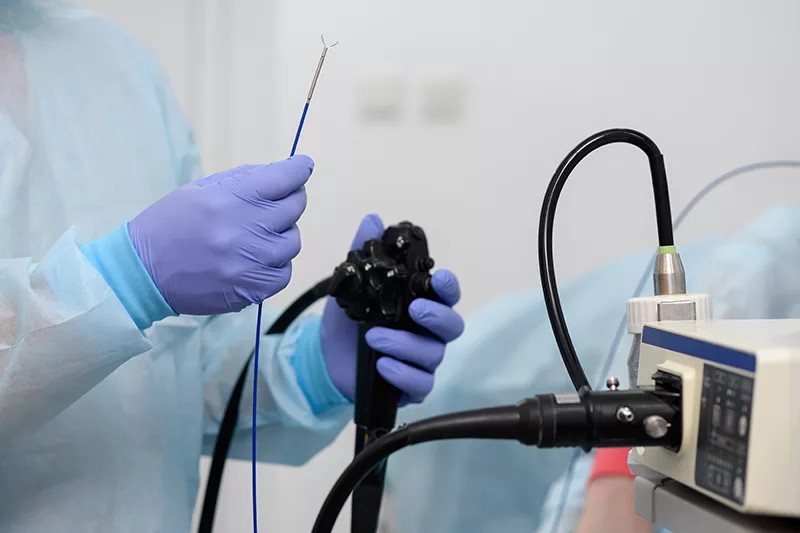
Patients with ongoing digestive problems may have significant challenges. A colonoscopy may be a very important tool for those suffering gastrointestinal discomfort, diarrhea, and unexplained weight loss in determining the reason of their problems.
What Is Crohn’s disease?
Though it may afflict any section of the gastrointestinal system, crohn’s disease is a chronic inflammatory disorder most usually observed in the small intestine and colon. Though the precise reason is unclear, it is thought to include elements of the immune system, environmental, and genetic spheres. Effective management of the illness and avoidance of complications depend on early diagnosis.
How may a colonoscopy identify Crohn’s disease?
A colonoscopy is a process wherein the colon and sometimes the end of the small intestine is examined by passing a flexible tube with a camera into the rectal cavity. This guides diagnosis of Crohn’s disease:
- Direct Visualization: The colonoscope lets clinicians see the colon’s and terminal ileum’s lining straightforwardly. Often presenting in these regions with inflammation, ulcers, or cobblestone-like patterns is Crohn’s disease.
- Biopsy: A biopsy is the process of obtaining tiny tissue samples from afflicted sites. Under a microscope, these biopsies reveal indicators of persistent inflammation, granulomas, or other Crohn’s disease-specific alterations.
- Detecting Narrowing or Strictures: Crohn’s disease may be seen on a colonoscopy when scarring or inflammation causes regions of constriction (strictures) in the intestine.
- Rule Out Other Conditions: A colonoscopy may assist in separating Crohn’s disease from other disorders with comparable symptoms, such as ulcerative colitis, infections, or irritable bowel syndrome (IBS).
When Should You Consider a Colonoscopy?
You might need a colonoscopy if you have persistent symptoms like rectal bleeding, diarrhea, stomach discomfort, or significant weight loss. This diagnostic stage may also be triggered by family history and blood testing revealing inflammatory markers.
Offering both direct vision and tissue sample collecting capability, a colonoscopy is a priceless tool in Crohn’s disease diagnosis. Early identification by this process may result in quick treatment, therefore helping to reduce symptoms and stop consequences. If you are concerned about digestive problems, consult your doctor to determine if a colonoscopy could be a suitable treatment for you. Early diagnosis will greatly affect how well you manage your health.


